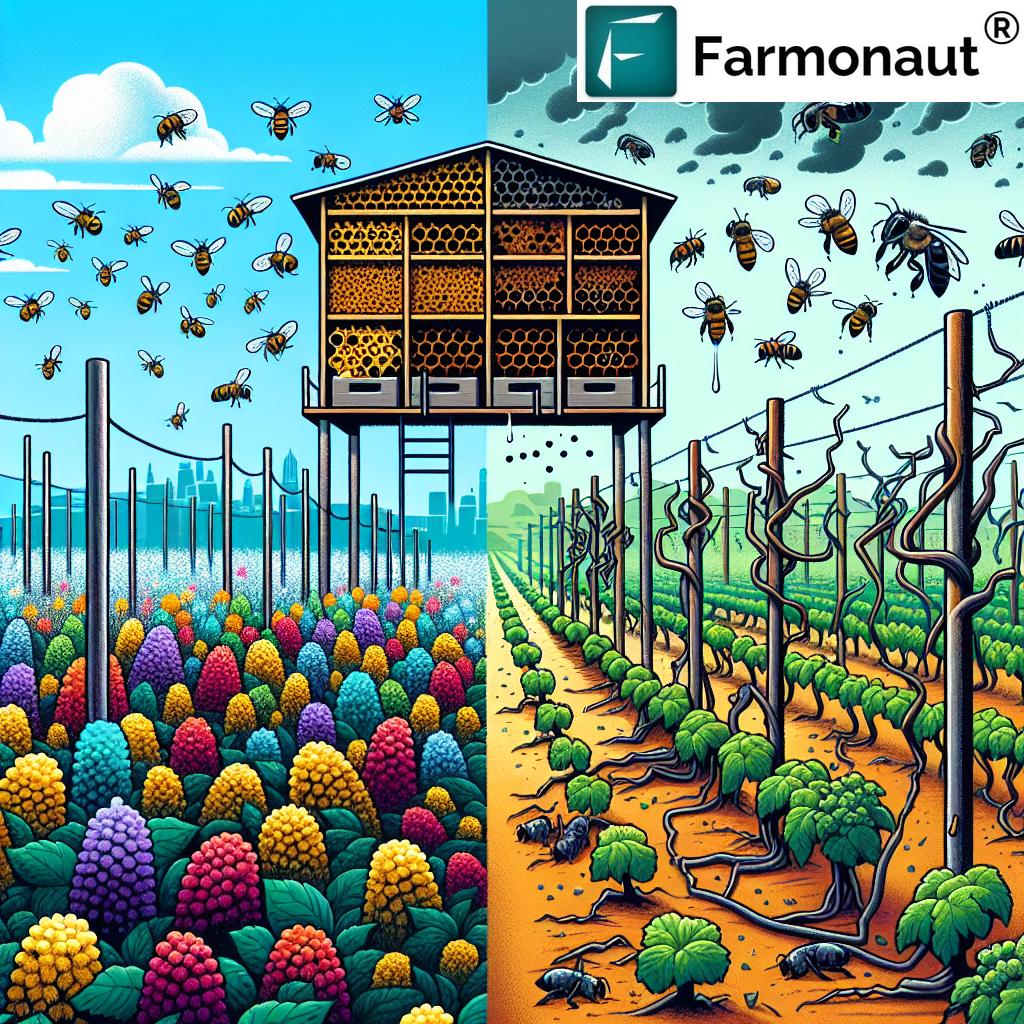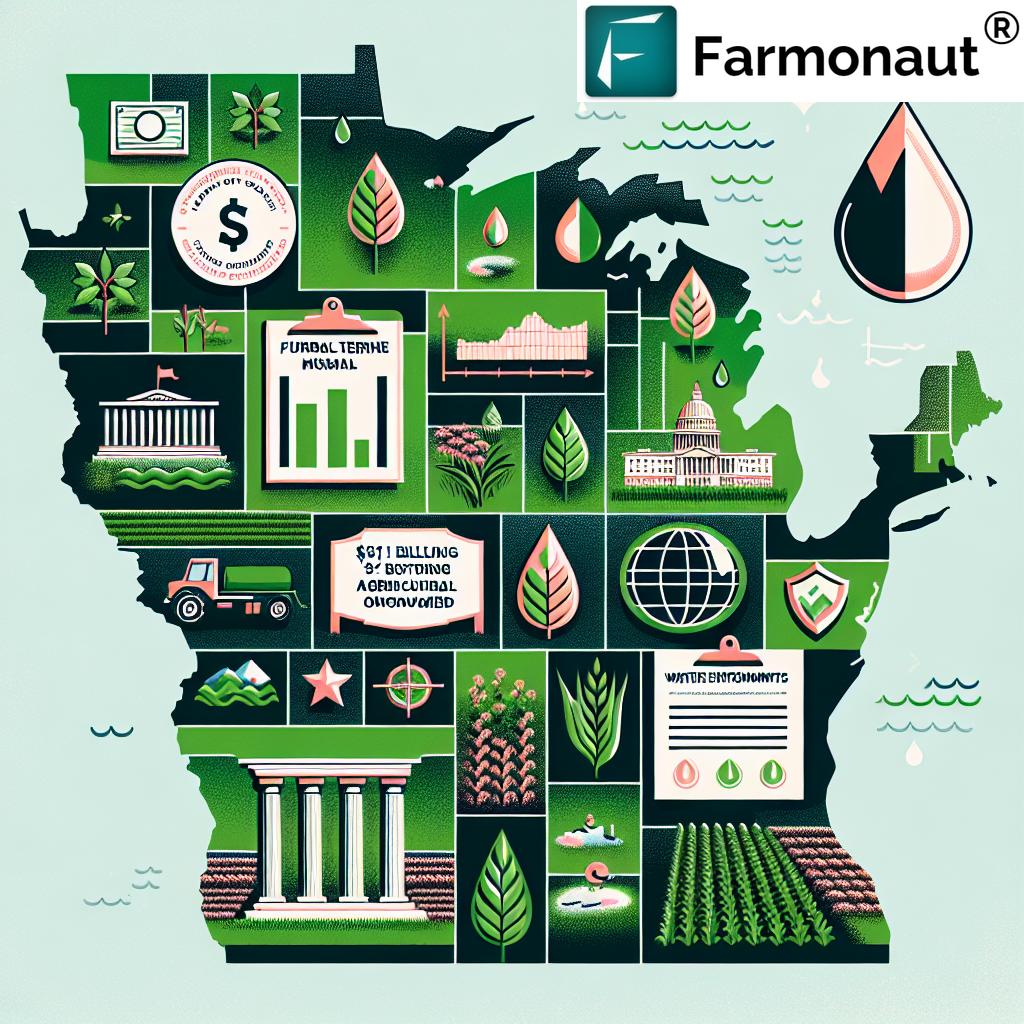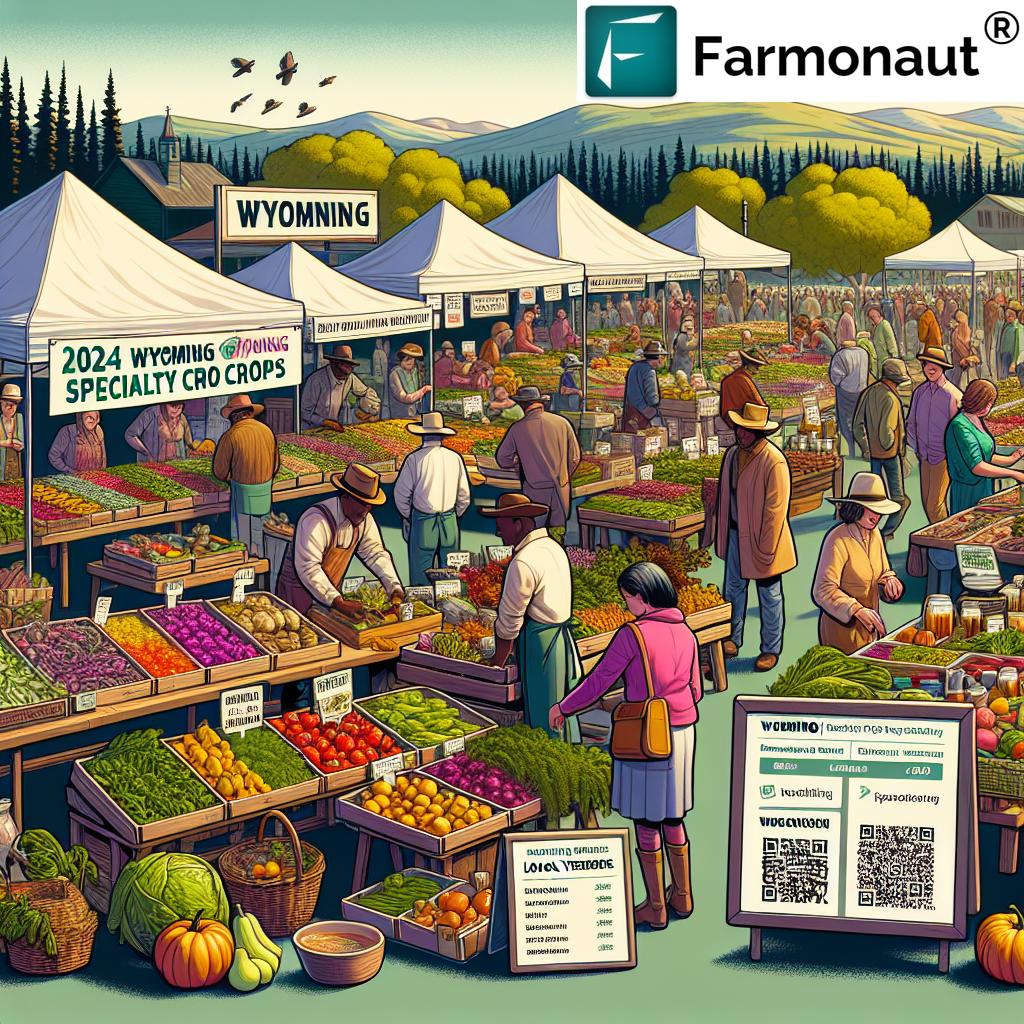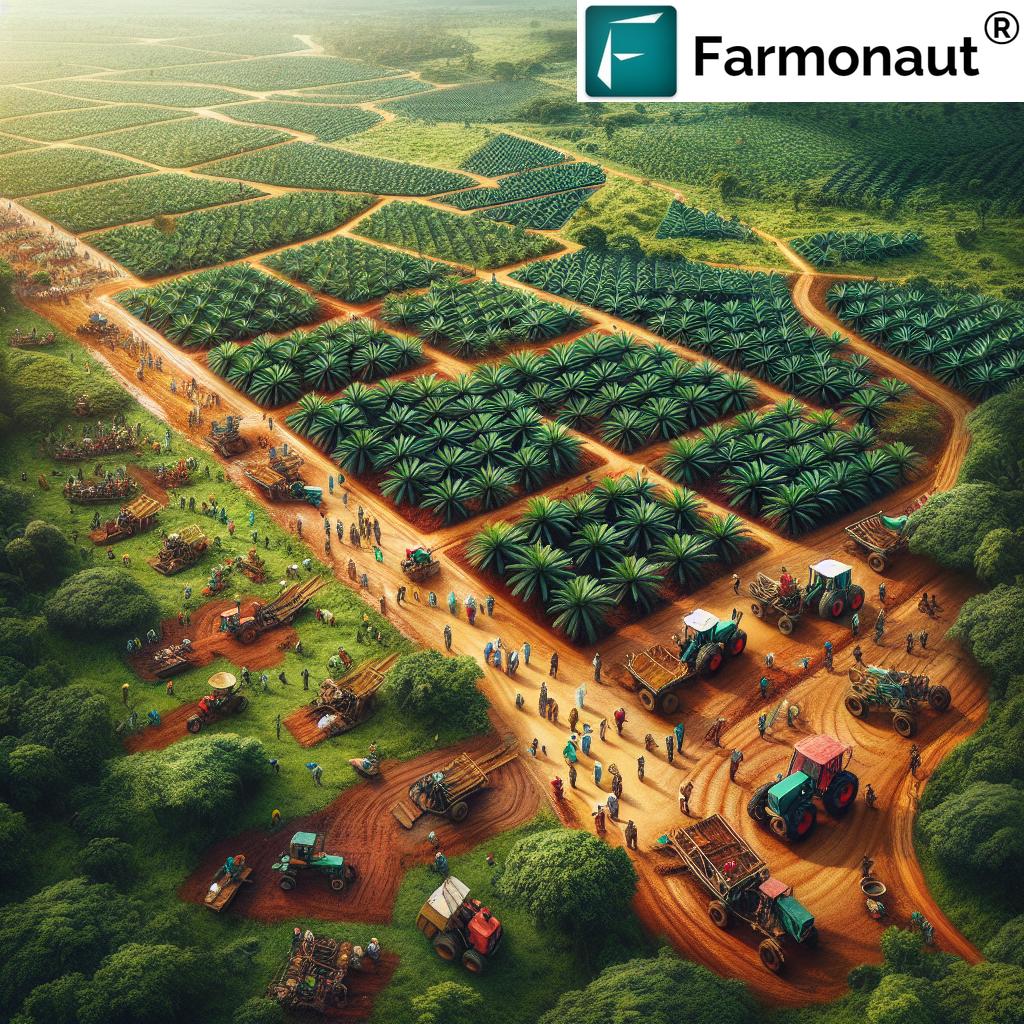Urgent Call to Action: Liberia’s Bold Plan to Revolutionize African Food Security and Combat Global Hunger
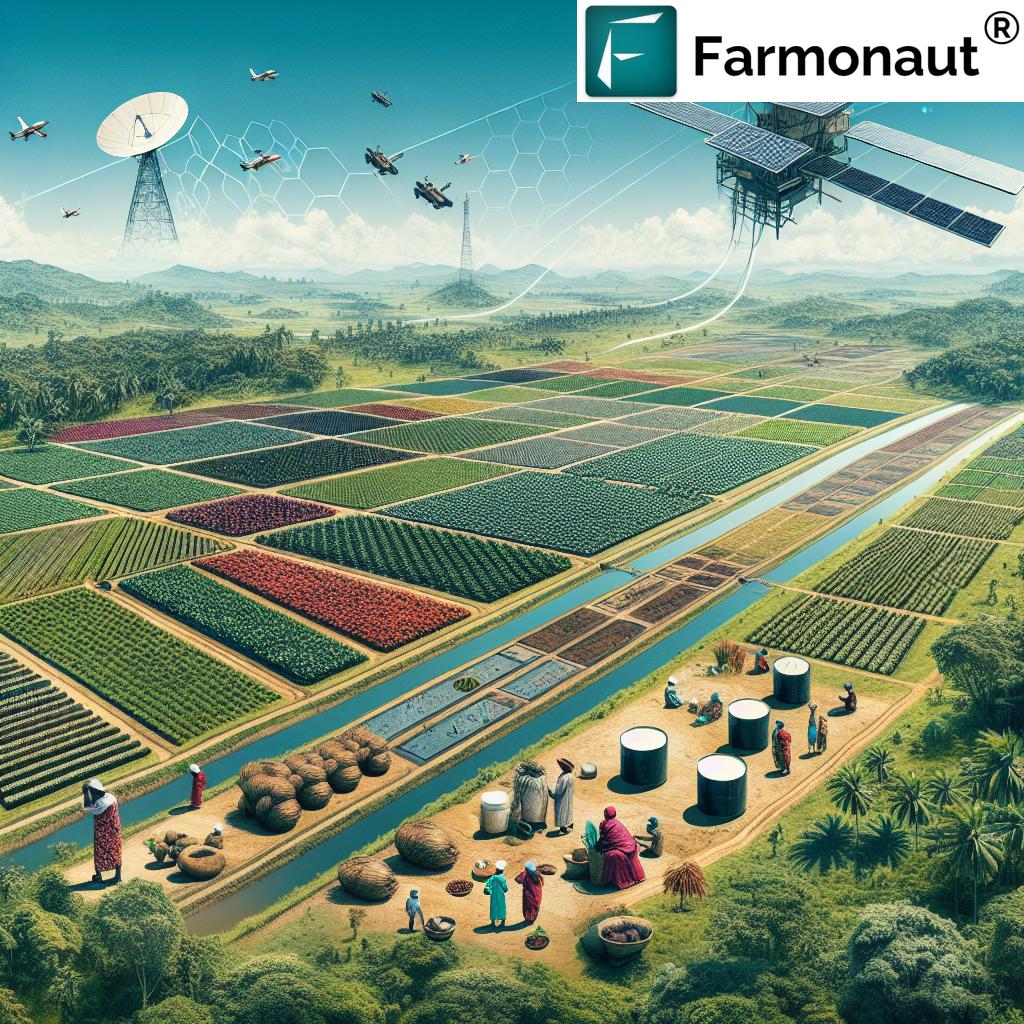
In a groundbreaking address at the World Food Forum in Rome, Liberian President Joseph Nyuma Boakai has issued an urgent call to action, unveiling an ambitious plan to transform food security in Africa and tackle the global hunger crisis. This bold initiative, centered on Liberia’s agriculture transformation, aims to revolutionize the continent’s approach to food production and distribution, setting a new standard for sustainable agrifood systems in Africa.
The Agro-Industrial Development Program: A Game-Changer for Liberia
At the heart of Liberia’s strategy is the Agro-Industrial Development Program, an ambitious project designed to overhaul the nation’s agricultural sector. This program aims to cultivate an impressive 100,000 hectares of land, focusing on key crops such as oil palm and cocoa. By leveraging Liberia’s natural resources and agricultural potential, the initiative seeks to boost food production, create jobs, and drive economic growth.
- Cultivation of 100,000 hectares for strategic crops
- Focus on high-value commodities like oil palm and cocoa
- Aim to boost food production and economic growth
The Agro-Industrial Development Program Liberia is not just about increasing crop yields; it’s a comprehensive approach to transforming the entire agricultural value chain. From farm to table, the program aims to modernize every aspect of food production, processing, and distribution.
Empowering Smallholder Farmers: The Backbone of African Agriculture
A crucial component of Liberia’s plan is the empowerment of smallholder farmers. Recognizing that these farmers form the backbone of African agriculture, President Boakai’s strategy places a strong emphasis on providing them with the tools, knowledge, and resources they need to thrive.
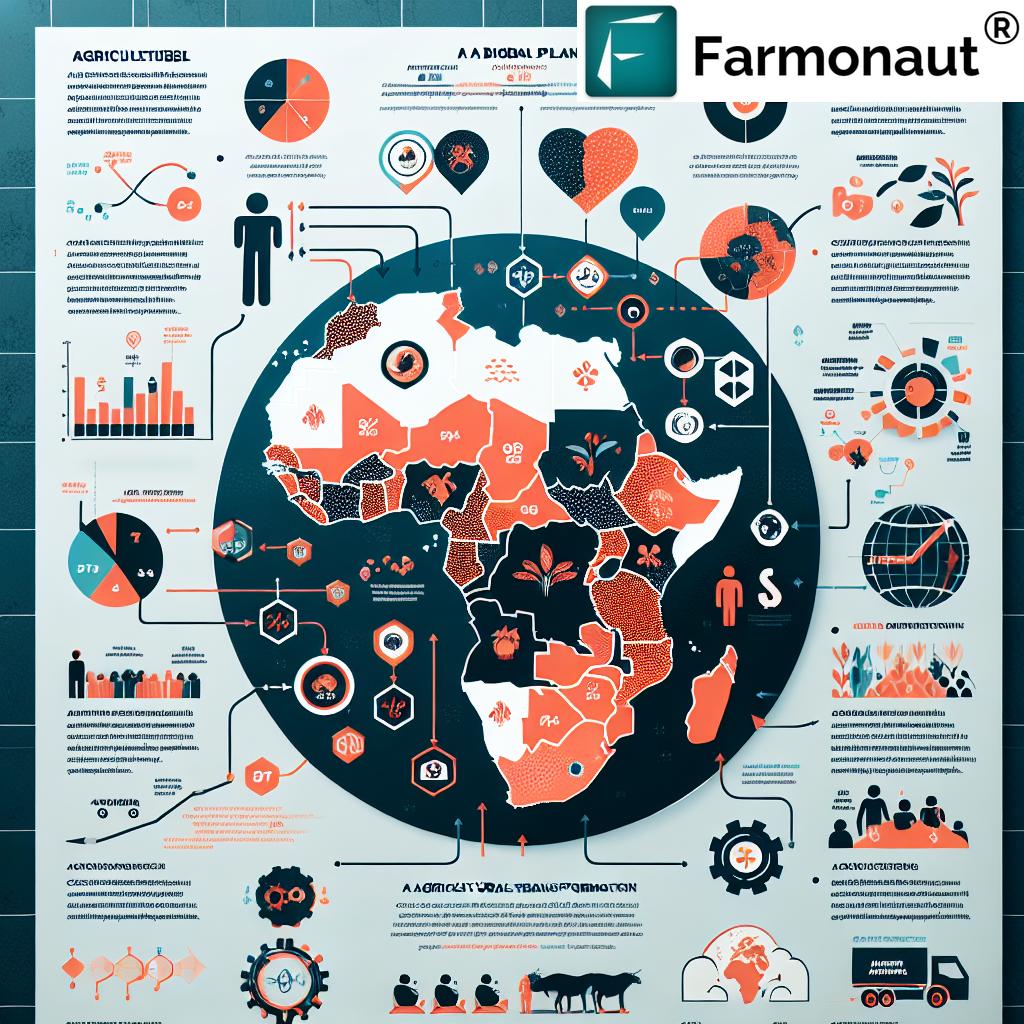
Key initiatives for smallholder farmer empowerment include:
- Access to modern farming technologies
- Provision of high-quality seeds and fertilizers
- Training programs on sustainable farming practices
- Improved access to markets and fair pricing mechanisms
To support these efforts, Liberia is also establishing an Agriculture Enterprise Development Bank. This institution will provide much-needed financial support to smallholder farmers, enabling them to invest in their farms and adopt modern agricultural practices.
For farmers looking to leverage technology in their operations, Farmonaut’s mobile app offers cutting-edge solutions:
Climate-Smart Agriculture: A Sustainable Path Forward
Climate-smart agriculture initiatives are at the forefront of Liberia’s plan. Recognizing the urgent need to address climate change and its impact on food security, the country has committed to reducing its greenhouse gas emissions by an impressive 64% by 2030. This commitment underscores the importance of sustainable farming practices in combating the global hunger crisis.
Key aspects of Liberia’s climate-smart agriculture approach include:
- Implementation of drought-resistant crop varieties
- Adoption of water-efficient irrigation systems
- Promotion of agroforestry and conservation agriculture
- Investment in renewable energy for agricultural operations
Farmers can access vital climate and weather data through Farmonaut’s API:
Farmonaut Satellite & Weather API
Rural Infrastructure Investment: Laying the Foundation for Growth
A critical component of Liberia’s plan for African food security is substantial investment in rural infrastructure. Recognizing that efficient transportation and storage facilities are essential for a thriving agricultural sector, the government is prioritizing the development of:
- Farm-to-market roads
- Modern storage facilities
- Processing centers in key agricultural regions
- Improved electricity and water supply in rural areas
These rural infrastructure investments will not only boost agricultural productivity but also improve the quality of life for rural communities, reducing the urban-rural divide and creating new economic opportunities.
Cross-Border Collaboration: A Regional Approach to Food Security
President Boakai emphasized the importance of cross-border food security collaboration in Africa. Recognizing that hunger knows no borders, Liberia is calling for increased cooperation among African nations to address food insecurity collectively.
Key aspects of this collaborative approach include:
- Harmonization of agricultural policies across borders
- Sharing of best practices and technologies
- Joint research initiatives on climate-resilient crops
- Establishment of regional food reserves
This regional approach aims to create a more resilient and interconnected food system across Africa, better equipped to handle shocks and ensure food availability for all.
Social Protection Programs: Ensuring No One is Left Behind
An integral part of Liberia’s strategy involves the implementation of robust social protection programs. These initiatives aim to ensure that the most vulnerable populations have access to nutritious food, even in times of crisis.
Key components of these programs include:
- School feeding programs to improve child nutrition and education outcomes
- Food vouchers for low-income families
- Targeted support for pregnant women and young children
- Emergency food reserves for rapid response in times of crisis
For agricultural stakeholders seeking to leverage technology in their operations, Farmonaut offers mobile apps for both Android and iOS platforms:
Economic Impact: Agriculture as a Driver of Growth
With agriculture contributing a significant 29% to Liberia’s GDP, President Boakai’s vision extends beyond food security. The comprehensive plan aims to leverage the agricultural sector as a key driver of economic growth and job creation.
Expected economic impacts include:
- Creation of thousands of jobs across the agricultural value chain
- Increased export revenues from high-value crops
- Development of agro-processing industries
- Reduction in food import dependency
By transforming agriculture into a modern, efficient, and profitable sector, Liberia aims to create a more diversified and resilient economy.
A Call for Global Support and Collaboration
President Boakai’s message at the World Food Forum was clear: the time for rhetoric is over. The world must move towards decisive action in the fight against global hunger and malnutrition. Liberia’s bold plan serves as a blueprint for how African nations can take the lead in transforming their agricultural sectors and contributing to global food security.
The success of this ambitious initiative will require support and collaboration from the international community, including:
- Technical assistance from global agricultural experts
- Financial support from international institutions and donors
- Technology transfer from developed nations
- Partnerships with global agribusiness companies
For those interested in learning more about how technology can support these initiatives, Farmonaut provides comprehensive API documentation:
Farmonaut API Developer Documentation
Conclusion: A Vision for a Food-Secure Africa
Liberia’s comprehensive plan to revolutionize African food security and combat global hunger represents a significant step forward in addressing one of the world’s most pressing challenges. By focusing on sustainable agrifood systems, empowering smallholder farmers, implementing climate-smart agriculture initiatives, and fostering cross-border collaboration, Liberia is setting an example for how African nations can take control of their food security destinies.
The success of this ambitious program could have far-reaching implications, not just for Liberia and Africa, but for global food security as a whole. As the world grapples with the ongoing challenges of climate change, population growth, and economic instability, initiatives like Liberia’s offer hope and a practical roadmap for creating a more food-secure future for all.
The message from Liberia is clear: with decisive action, innovative thinking, and global cooperation, we can build a world where no one goes hungry. The time to act is now.





